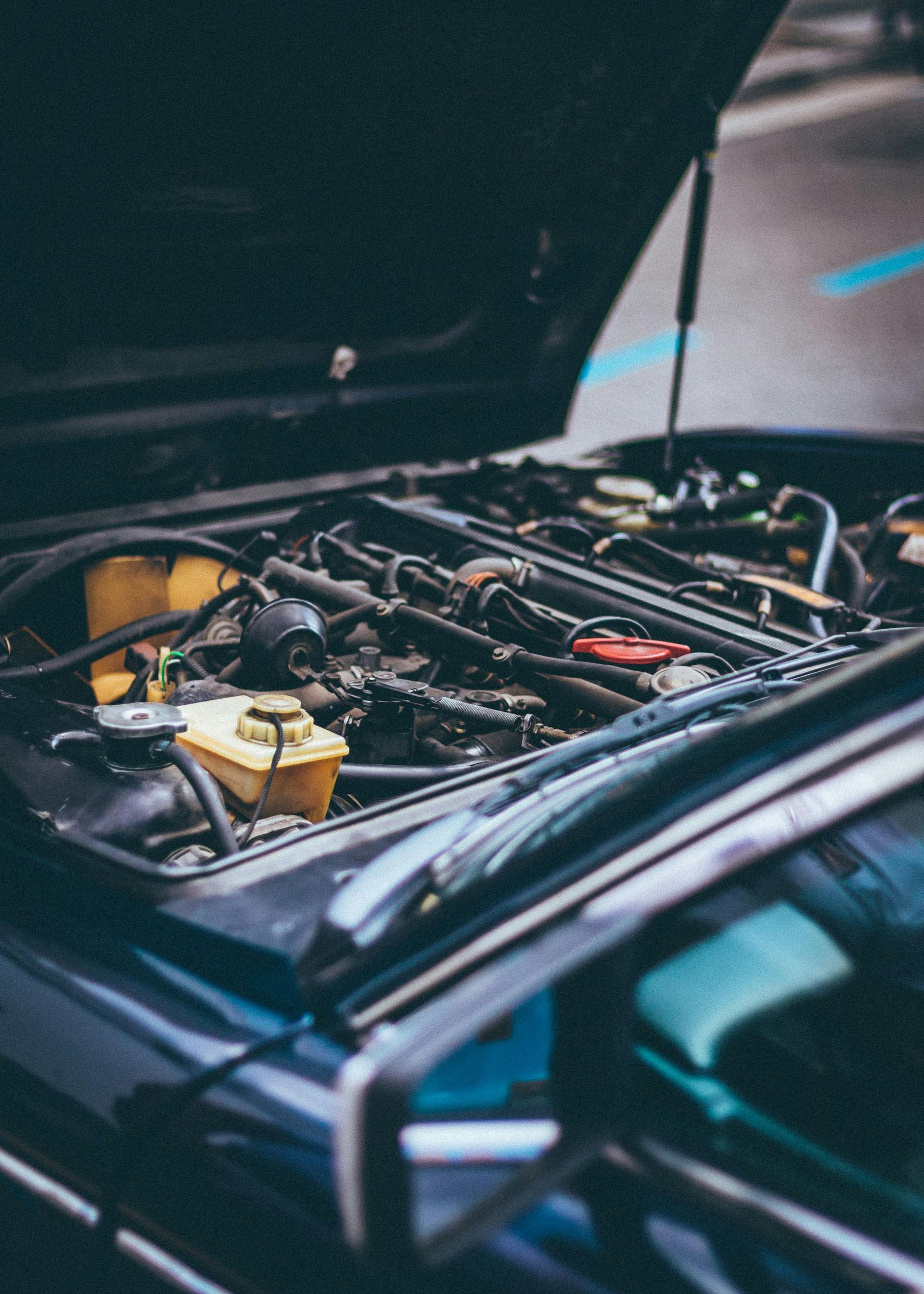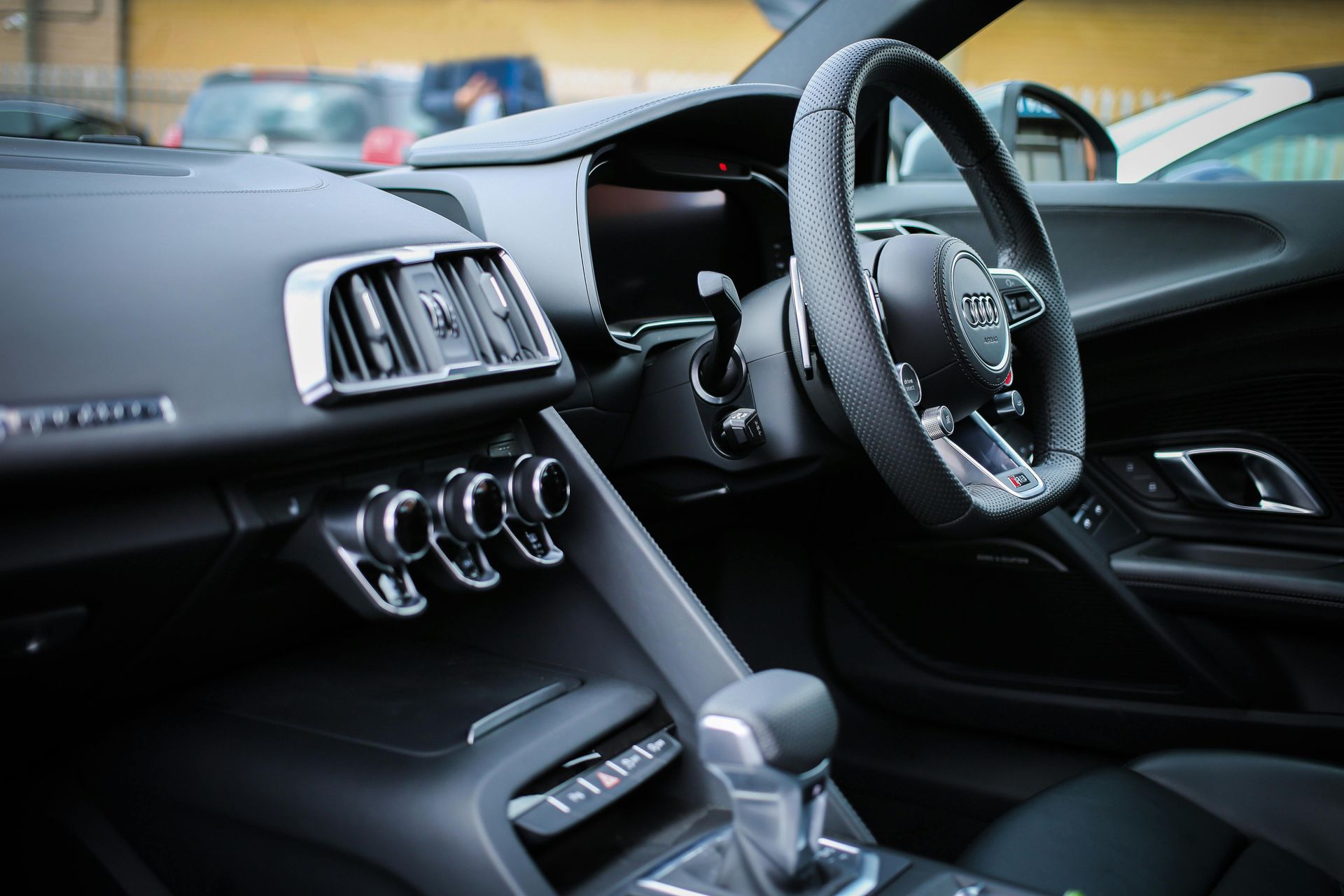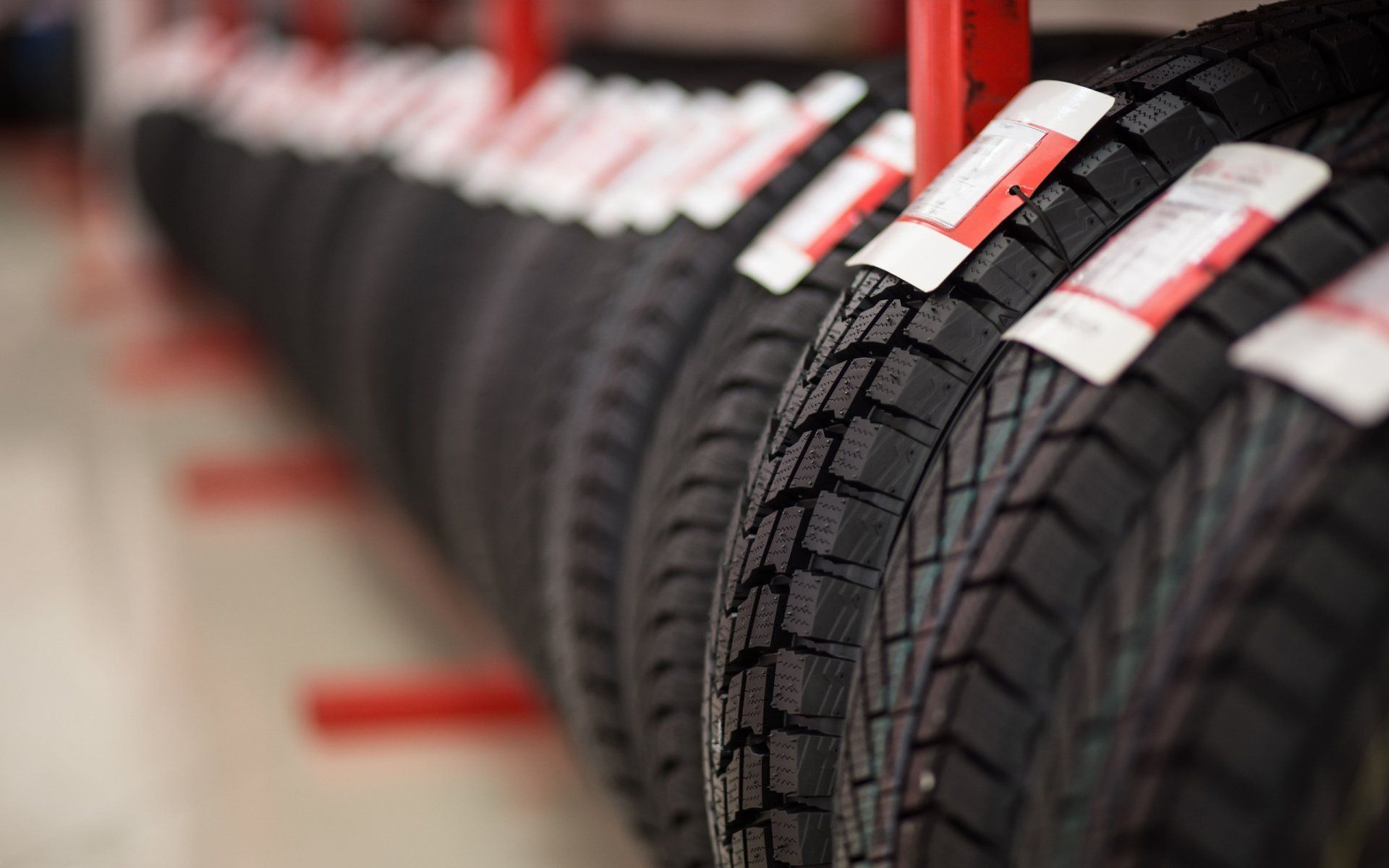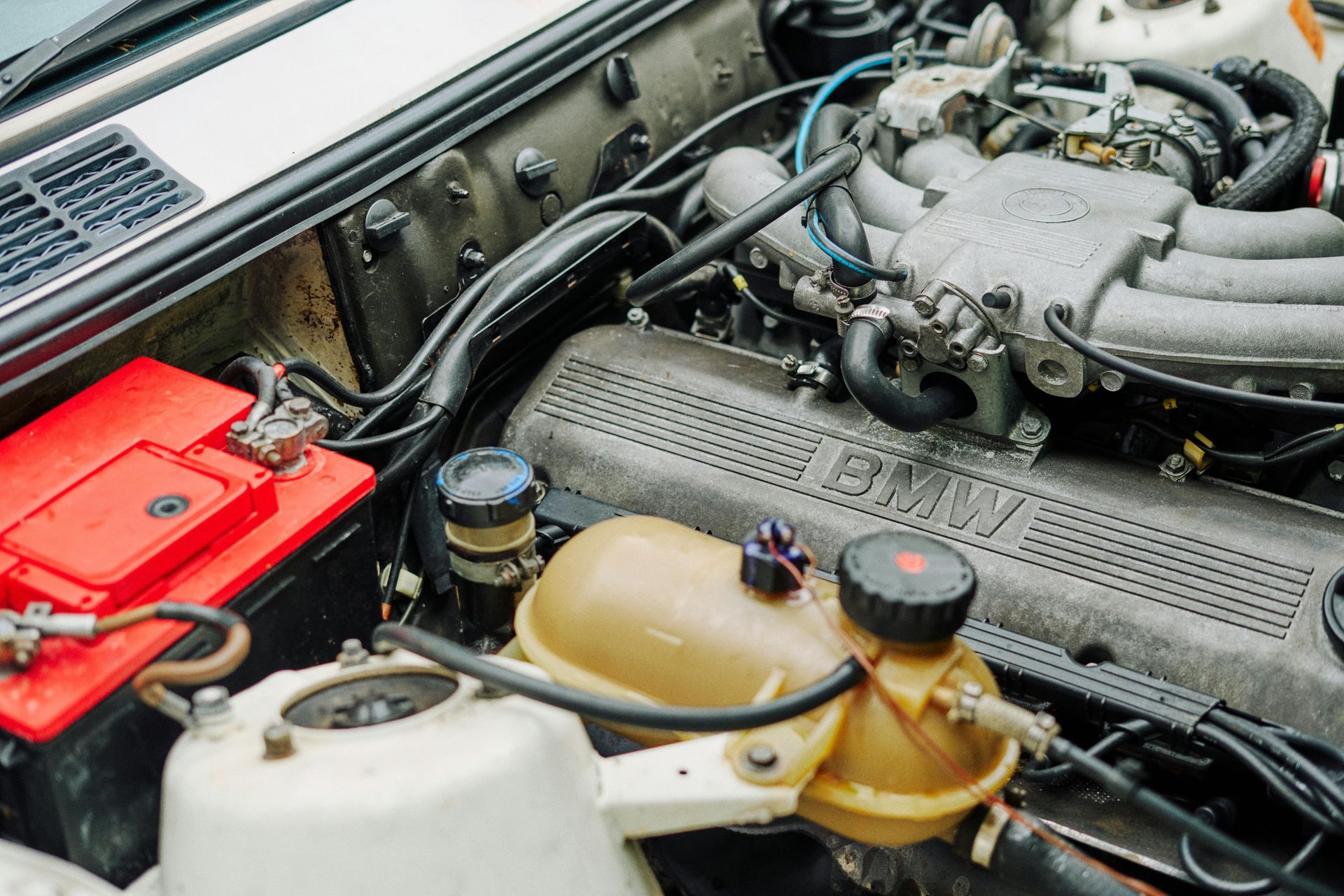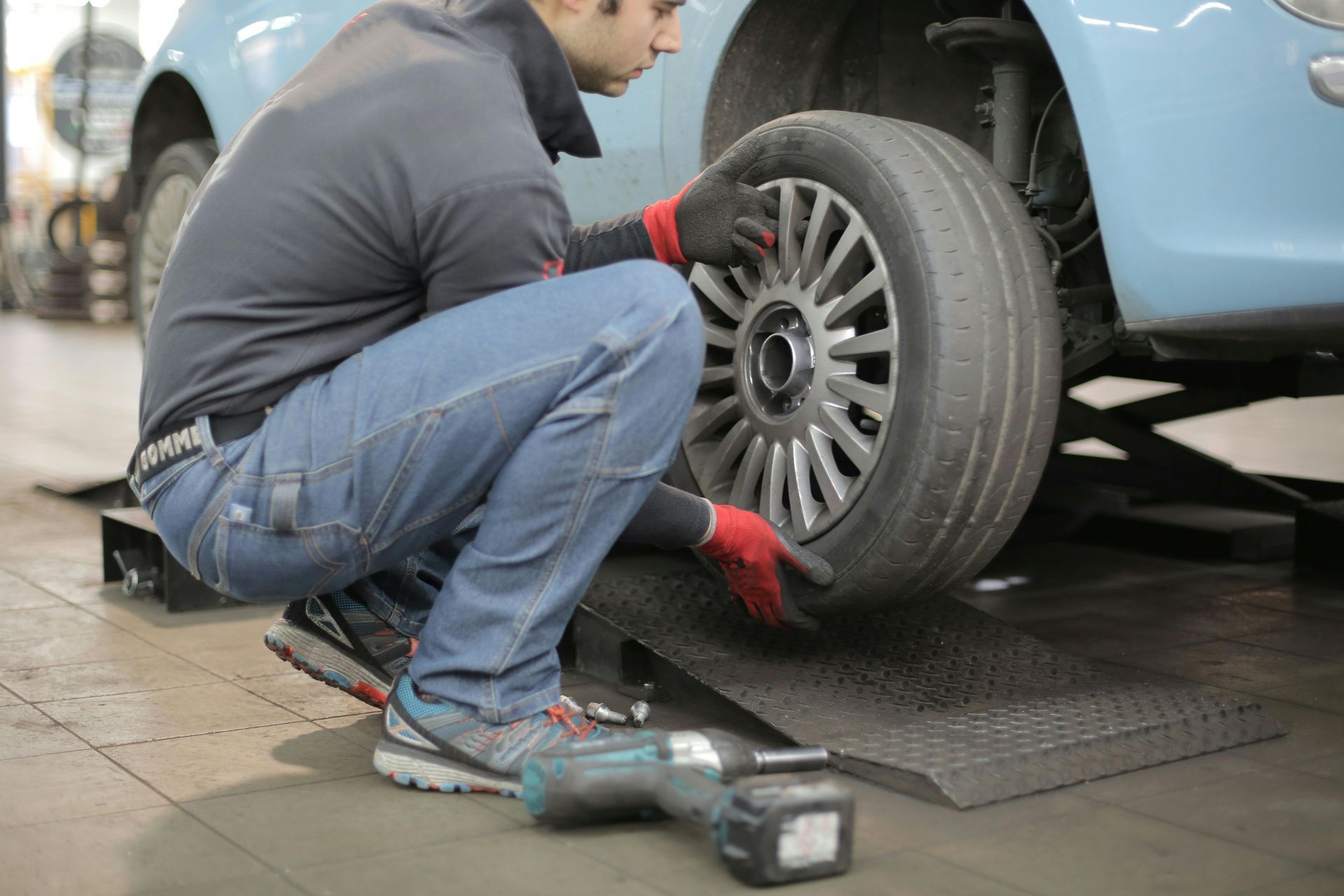How Does My Car Know When I Need an Oil Change?
Have you ever wondered how that little oil change light on your dashboard knows exactly when your car needs service? It's not magic – it's smart technology working behind the scenes to protect your engine. Understanding how your car's oil life monitoring system works can help Auburn drivers make better decisions about vehicle maintenance and avoid costly engine damage.
The Evolution of Oil Change Reminders
The Old Days: Mileage-Based Systems
Older vehicles used simple mileage-based reminders. Every 3,000 or 5,000 miles, a light would come on regardless of your driving conditions. This one-size-fits-all approach often led to unnecessary oil changes or, worse, missed maintenance.
Today's Smart Systems
Modern cars use sophisticated oil life monitoring systems (OLMS) that consider multiple factors to determine when your oil actually needs changing. These systems can extend or shorten oil change intervals based on how you drive – perfect for Auburn's diverse driving conditions.
How Oil Life Monitoring Systems Work
Engine Data Collection
Your car's computer constantly monitors dozens of sensors throughout your engine:
- Engine temperature readings
- RPM levels and frequency
- Engine load measurements
- Operating time at various speeds
- Number of cold starts
- Short trip frequency
Mathematical Algorithms
The car's computer uses complex formulas to analyze this data. It knows that stop-and-go traffic through downtown Auburn is harder on oil than steady highway driving to Sacramento. It also understands that cold winter mornings in the Sierra foothills create different oil stress than summer heat.
Real-Time Calculations
Every time you drive, the system updates its calculations. If you're frequently driving up steep grades to Foresthill or Colfax, the system recognizes the increased engine stress and may recommend more frequent oil changes.
Factors That Affect Oil Life
Driving Conditions
Auburn drivers face unique challenges that affect oil life:
- Mountain driving: Trips to Grass Valley or Georgetown put extra stress on your engine
- Temperature extremes: Hot summers and cold winters both accelerate oil breakdown
- Stop-and-go traffic: Commuting to Roseville or Sacramento creates more engine stress than highway driving
- Short trips: Quick drives around Auburn don't allow oil to reach optimal operating temperature
Engine Load
Heavy acceleration, towing, and climbing hills all increase engine load. If you regularly haul boats to Folsom Lake or travel the winding roads to Nevada City, your oil works harder and needs changing sooner.
Environmental Factors
Dust, pollen, and debris common in our area can contaminate oil faster. Auburn's seasonal wildfires can also affect air quality, potentially impacting oil life through increased particulate matter.
Types of Oil Monitoring Systems
Algorithm-Based Systems
Most modern vehicles use software that calculates oil life based on driving conditions. These systems don't actually test the oil – they estimate degradation based on engine operating parameters.
Direct Oil Analysis Systems
Some luxury vehicles have sensors that directly measure oil properties like viscosity and contamination levels. These provide more accurate readings but are more expensive to manufacture.
Hybrid Systems
Many newer cars combine both approaches, using algorithms as the primary method while incorporating limited direct oil analysis for verification.
Understanding Your Oil Life Display
Percentage-Based Systems
Most cars show oil life as a percentage. When it reaches 10-15%, it's time to schedule service. Don't wait until it hits 0% – that's the absolute limit, not the ideal change point.
Color-Coded Displays
Some vehicles use green, yellow, and red indicators:
- Green: Oil is in good condition
- Yellow: Schedule service soon
- Red: Change oil immediately
Message Systems
Advanced displays provide specific messages like "Oil Change Due" or "Service Required" along with estimated miles remaining.
What Your Car's System Doesn't Know
Oil Quality
The system assumes you're using the correct oil type and quality. Using cheap oil or the wrong viscosity can cause problems the computer won't detect until it's too late.
Leaks or Consumption
Oil monitoring systems track oil condition, not oil level. A slow leak or oil consumption issue won't trigger the change light, but it can damage your engine.
Filter Condition
While the system monitors oil degradation, it doesn't directly assess filter condition. A clogged filter can reduce oil flow even if the oil itself is still good.
When to Trust (and When to Question) Your Car
Trust the System When:
- You use quality oil and filters
- You drive regularly in normal conditions
- Your car is relatively new and well-maintained
Be More Conservative If:
- You frequently drive in severe conditions (dusty areas, extreme temperatures)
- Your car is older with higher mileage
- You notice oil consumption or leaks
- You use your vehicle for towing or heavy hauling
Auburn-Specific Considerations
Living in Auburn means dealing with conditions that can be tough on engine oil:
- Elevation changes: Regular trips between Auburn (1,200 feet) and higher elevations stress your engine
- Seasonal temperature swings: From summer highs over 100°F to winter lows near freezing
- Fire season: Increased particulates in the air during wildfire season
- Tourist season traffic: Stop-and-go conditions on Highway 49 during peak times
These factors might mean your oil needs changing more frequently than the computer suggests, especially if you're an active outdoor enthusiast traveling to mountain destinations.
The Bottom Line
Your car's oil monitoring system is a sophisticated tool that's generally quite accurate. It considers far more factors than the old 3,000-mile rule ever could. However, it's not perfect and doesn't replace regular professional inspections.
The key is understanding that these systems provide guidance, not absolute rules. They're designed to prevent engine damage while maximizing oil life, but they work best when combined with regular professional maintenance and common sense.
Expert Oil Change Service in Auburn
While your car's computer is smart, nothing replaces the expertise of professional technicians who understand how Auburn's unique driving conditions affect your vehicle. At Autovantage Service Center, our ASE-certified technicians can help interpret your car's oil monitoring system and recommend the right maintenance schedule for your specific driving habits.
Whether your oil life monitor is showing 15% remaining or you're unsure about your car's recommendations, we provide thorough oil change services using quality oils and filters. We'll also check your oil level, inspect for leaks, and ensure your monitoring system is working properly.
Don't let engine damage catch you off guard. Contact Autovantage Service Center at (530) 450-2423 or visit us at 555 Wall St in Auburn to schedule your oil change service today. Our experienced team will keep your engine running smoothly through all of Auburn's driving challenges.


